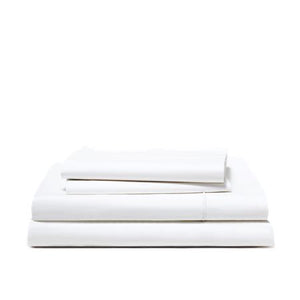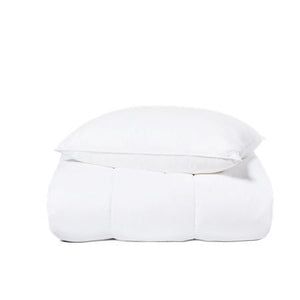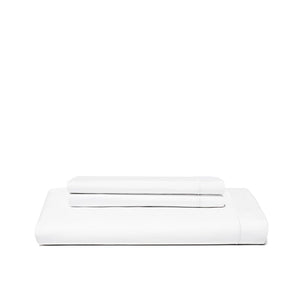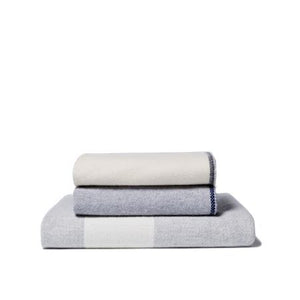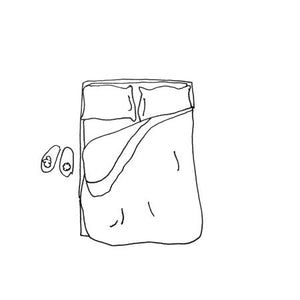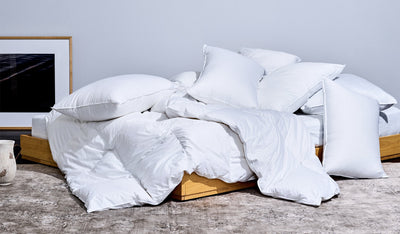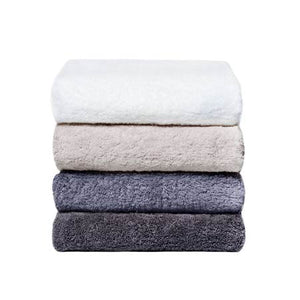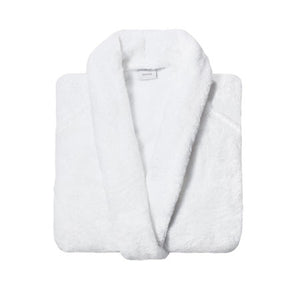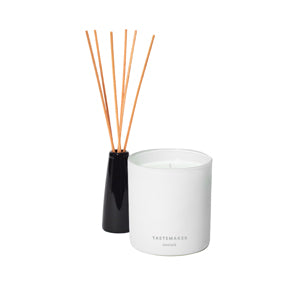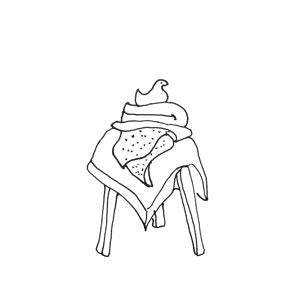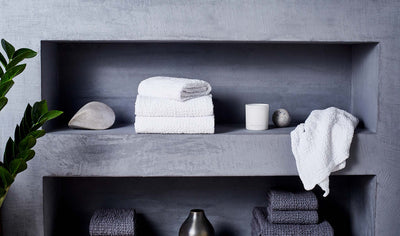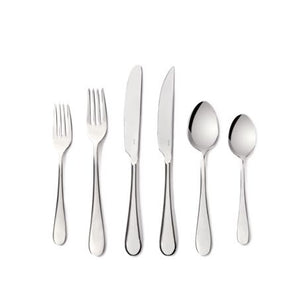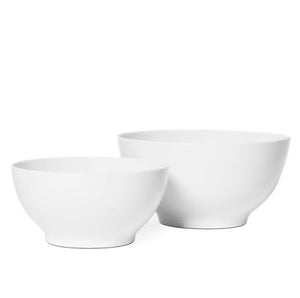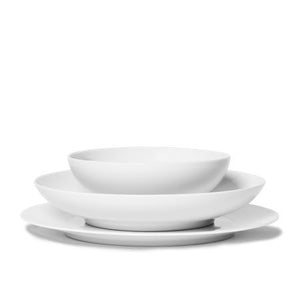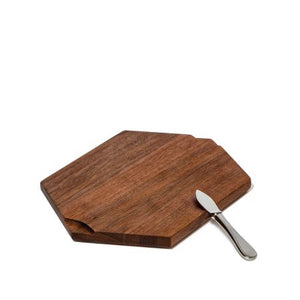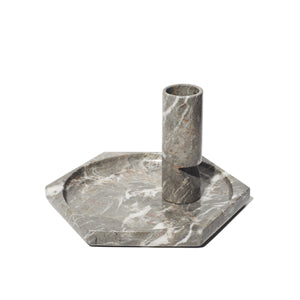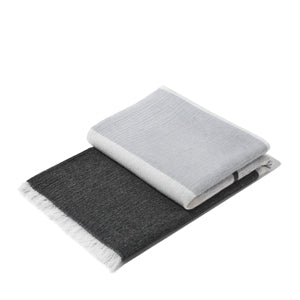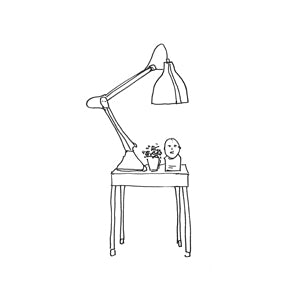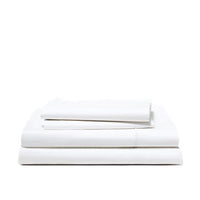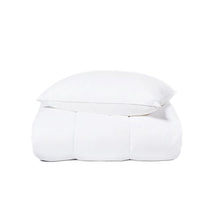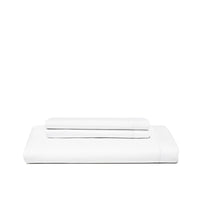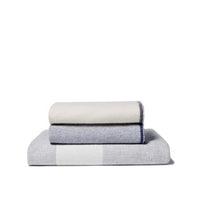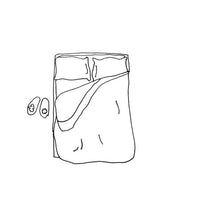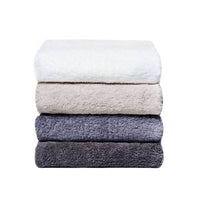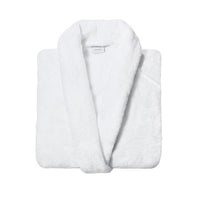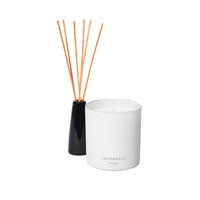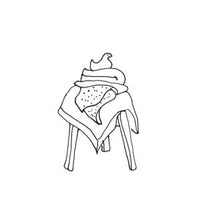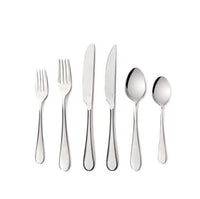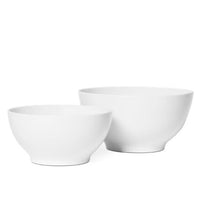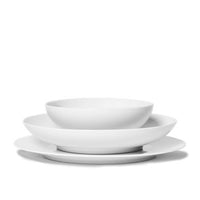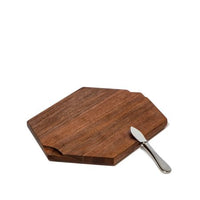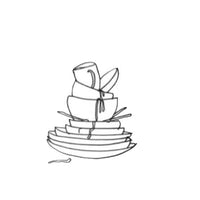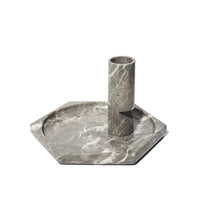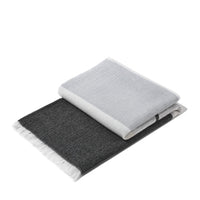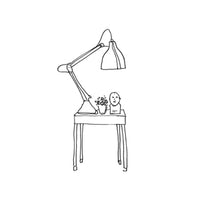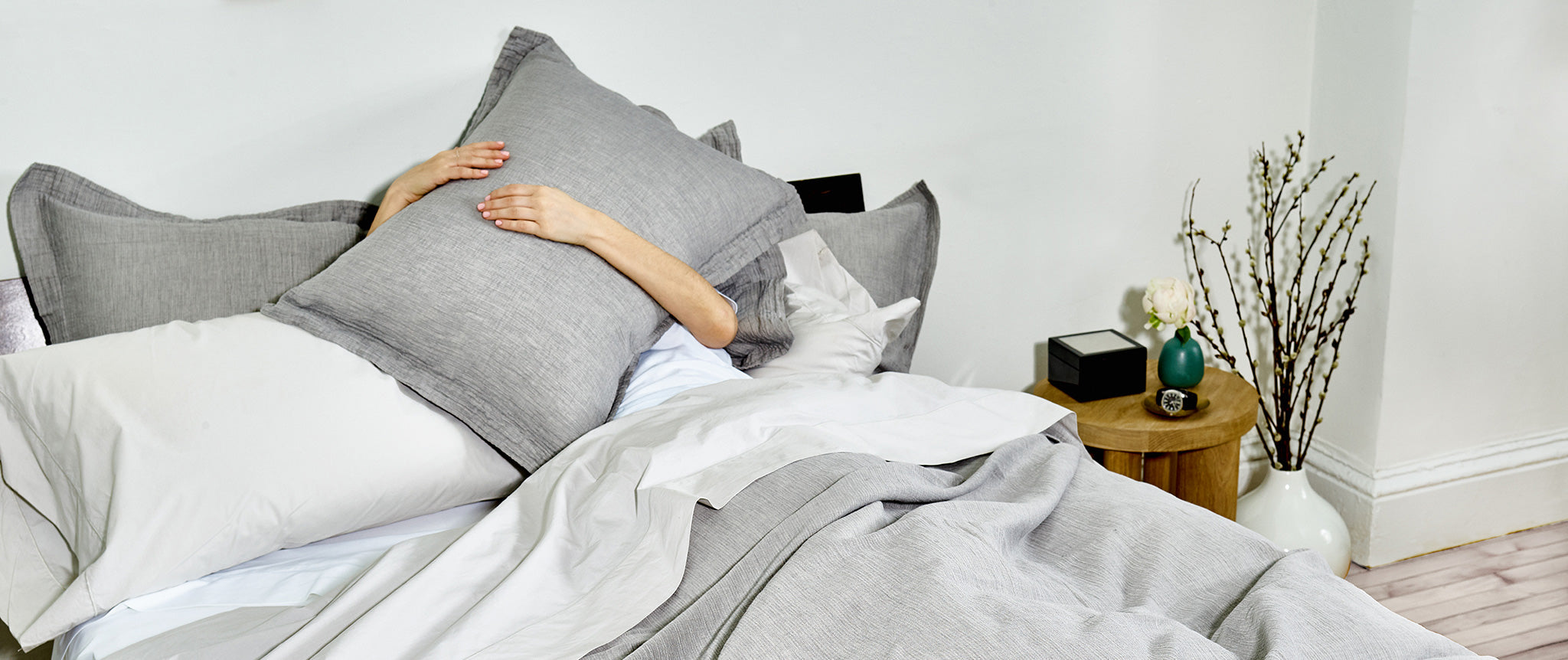
Choosing your bedmate is important—without the right pillow you’ll end up in a nightmare sleep situation. Here’s what you need to know to build a better bed.
...
Given that we spend a third of our lives in bed, creating a comfortable sleeping space should be the highest priority. But how to suit our personal preferences can be as mystifying as our dreams—what firmness do you need for side sleeping? What if you want to prop up and read? Curl up and squeeze?

Pillow Talk:
We designed our bedding basics to simplify your sleep. Getting your 40 winks is hard enough—you shouldn’t be tossing and turning about what to get. But the nitty-gritty--what’s inside and how much--is what allows you to make a bed your own. So without further ado, here’s how to get to the head of pillow class.

Don't Be Dense:
Much like Goldilocks was confronted with three options of porridge, we’ve got soft, medium, and firm pillows for every sleeper. There’s no right or wrong density, only what complements your preferred night-time position.
- Soft: Stomach sleepers should gravitate towards ultra-soft pillows that prevent the head and neck from settling into any uncomfortable or contorted angles.
- Medium: Back sleepers do best with a medium-density pillow that fully supports your head and neck.
- Firm: Side sleepers need to choose a pillow that can maintain the horizontal alignment of their head, neck, and shoulders.
To Pile or Not to Pile:
When it comes to pillows, one per person isn’t always going to cut it. Here, you’ll need to balance your desire for options with the fact that you’ve got to share the bed with all of your sometimes needs. If you find yourself reaching for multiple pillows under your head, consider that you might not have the proper firmness (go ahead and scroll back up).

If you’re just looking to have some side/between the knees/cuddle comfort, choose a firm option that can support your squeezes.

It’s What’s Inside That Counts:
The technical term for what goes inside a pillow is fill. It’s just another way of saying ‘this is filled with…’ Fill can be natural—like our premium white down—or engineered, like the premium microfiber used in our down alternative pillows.

The important thing to remember is that microfiber mimics the density of down, so you don’t sacrifice any comfort or support depending on which you choose. The main difference: our down alternative pillows are hypoallergenic. So unless down fill gives you the sniffles, just go with what feels best to you.

Get Filled In:
After considering what’s filling your bedding basics, the next question is how much. The term “fill power” refers to the space taken up by a single piece of down (this doesn’t apply for the microfiber in the down alternative). Measured in cubic inches, higher fill power means higher quality and longer-lasting pillows and comforters.

A pillow’s down clusters are larger the higher the fill power. Larger down = plumper pillows. Fill power maxes out at 800, so at 750, our down pillows are top of the line. However, fill power isn’t related to the actual firmness of the pillow. That comes via density or the amount of fill that’s actually in the pillow.
Case-by-Case:
So now that you’ve found your pillow, what’s the difference between a pillowcase and a pillow sham? Technically very little. Both can be used to keep your pillow clean while you sleep, but a case is meant for your head. Typically open at one end (to make it easier to change), a pillowcase has two jobs—protecting your pillow and comforting your head/face. A pillow sham is expected to do a little less—meant more as a finishing touch to tie in your bedding (and provide some support if needed). You could sleep on one but its flange and decorative elements make it a little less than a dream than a case.

As far as fabric, here’s where you want to channel your most relaxed self. Do you dream of a five-star, turndown-service bedding experience? Pick Percale for its crisp, cooling properties. If instead you imagine a rumpled, relaxed pile you can bury your head on, choose luxurious Linen.

Armed with this user's guide and our edited assortment, you've got all it takes to sleep well. Because buying bedding basics shouldn't be a head scratcher.
Need more help? Check out our guide of how to make a bed that's made for you.
